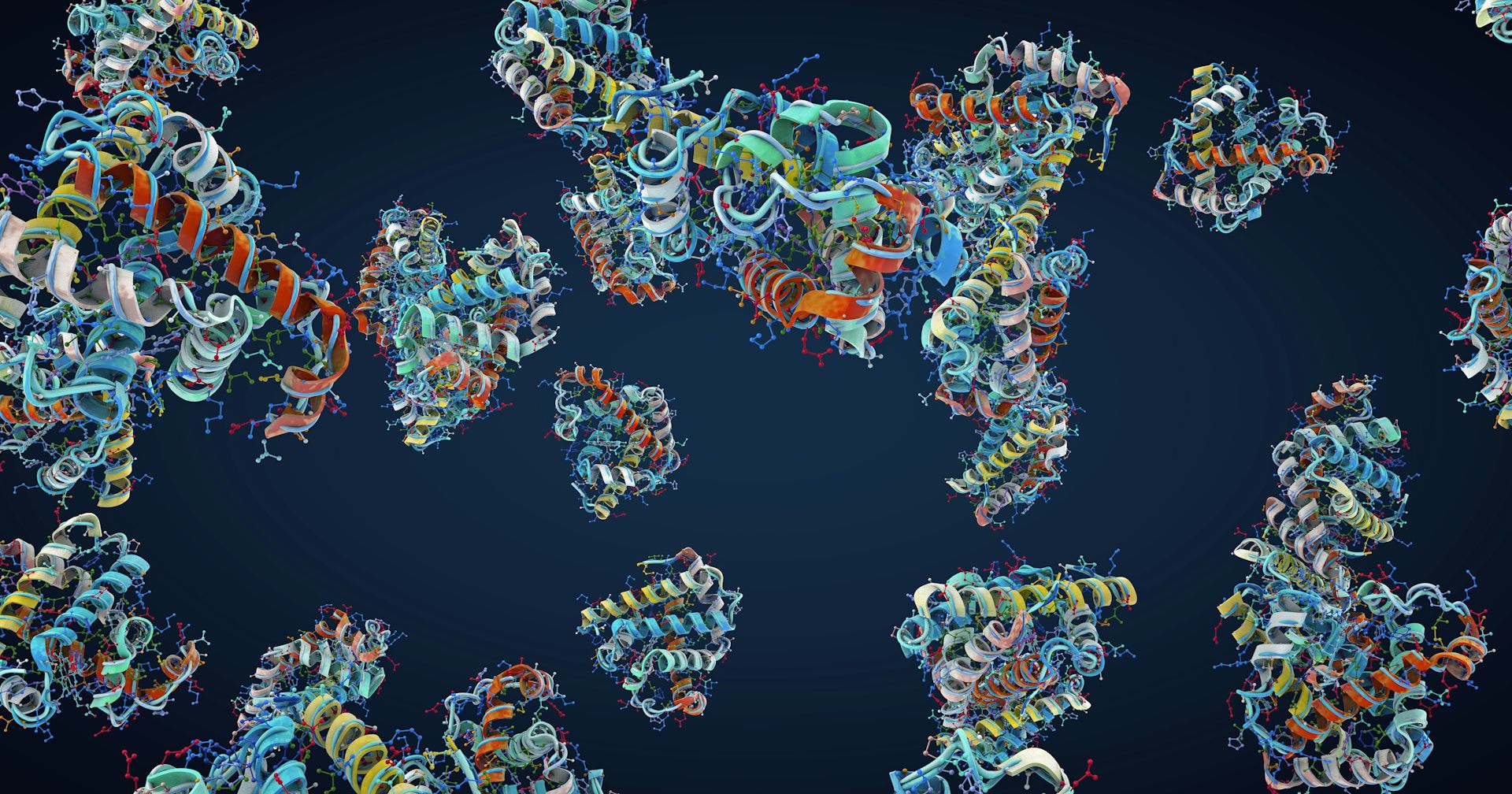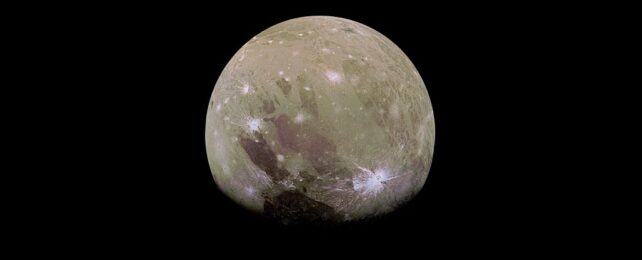
The prize honors innovation at Google DeepMind and in academia. Three researchers share the award for using machine learning to predict proteins' 3D shapes and design the molecules from scratch.

Two newly discovered forms of frozen salt water could help scientists resolve a mystery concerning the Solar System's ice-encrusted moons.

The Prize in Chemistry went to Emmanuelle Charpentier and Jennifer Doudna. The two researchers achieved fame in 2012 when they developed the revolutionary tool CRISPR-Cas9 to make gene editing easier.

American Frances H. Arnold has won half of the 2018 Nobel Prize in Chemistry for her work in changing how chemists produce new enzymes, sharing the prize with another George Smith, and Gregory Winter.

MIT chemists have devised a way to rapidly synthesize and screen millions of novel proteins that could be used as drugs against Ebola and other viruses.